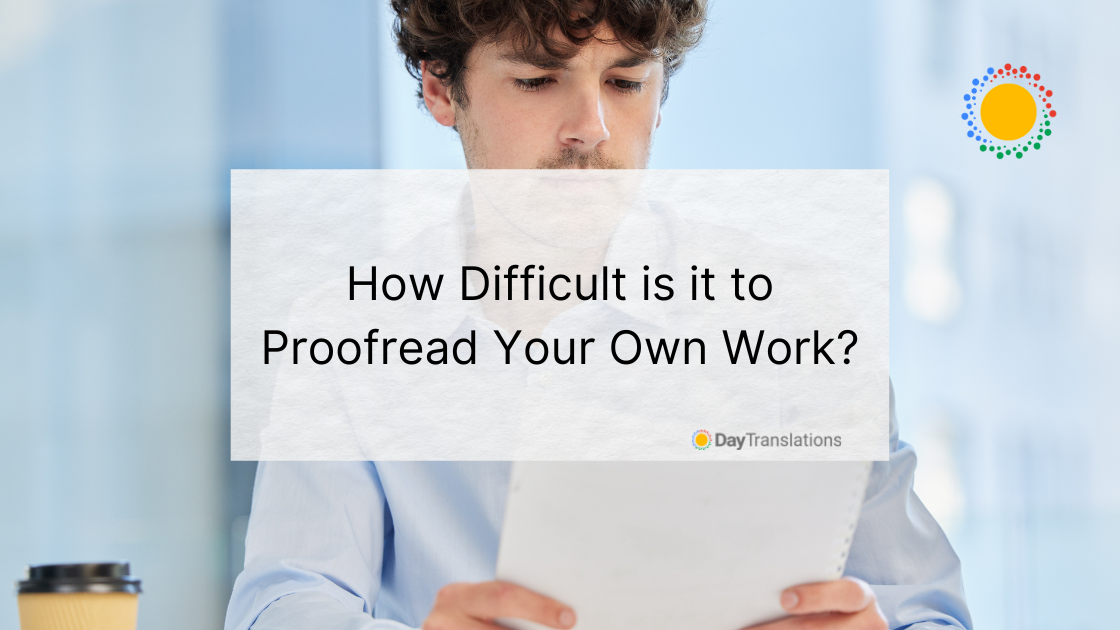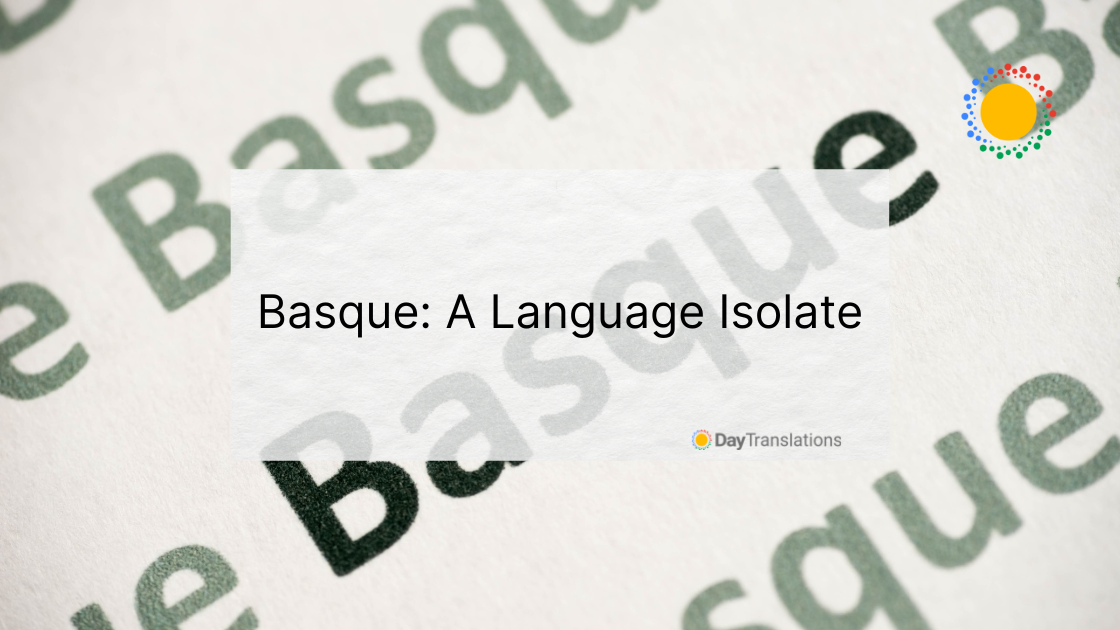Proofreading is the process of examining written text carefully to spot and rectify typographical errors as well as correct spelling, style and grammar mistakes. While it is already difficult to proofread the work of others, it is doubly difficult to proofread your own work. Moreover, it is a very tedious work. So when you are asked to do this task, what should you do? How difficult is it to proofread, really?
Proofreading your own work
Proofreading is highly essential but the skill for proofreading is not something that takes overnight to develop. It is something that is honed through constant practice, through proofreading the work of other people as well as your own.
It is actually very difficult to proofread your own work. There is the tendency to see only what you want to see, which leads to missing errors because you do not see what you actually wrote. There are numerous tips you can follow to make the task simpler and more precise, and here are some of them:
1. Wait until you have finished your writing and editing before you start proofreading. This is because you will still be in creative mode rather than science mode and proofreading is an exact science.
2. Remove interruptions and distractions. Turn off your television or radio, remove your cell phone from your side, stop music or video playback on your computer and stop checking your email or social media chatting. For most proofreaders, it is better to have the document printed.
3. When proofreading, analyze the written word sentence by sentence and line by line. Focus your attention on punctuation, grammar and spelling. It would help you when you read the work aloud.
4. Do not look for different types of errors all at once. Do it in several passes, such as developing a system to check format and links at one pass, internal punctuation and grammar next, and end punctuation and spelling in another pass.
5. Take note of things that you need to double check or look up later, so you do not lose focus on the task.
6. When you have to make changes to the document, make sure that you check the whole paragraph or sentence once again to ensure that the text still flows smoothly.
7. Be sure to verify references, tables, quotes, dates and facts.
8. Take note of your regular mistakes.
9. The last thing you should check is the format of the document. See to it that it conforms to the requirements.
10. Almost all writers could get too wordy. Cut your work if you cannot justify a word, sentence, point or statement. Repeat the process once again to ensure that you have not missed anything.
11. Get assistance of the Grammar Checker. This tool can quickly analyse all aspects of your content and highlight the errors that require your attention.
Proofreading is a science. You will have better results in proofreading your own work when you take the time to learn the basic rules of grammar and punctuation.














Sorry, the comment form is closed at this time.